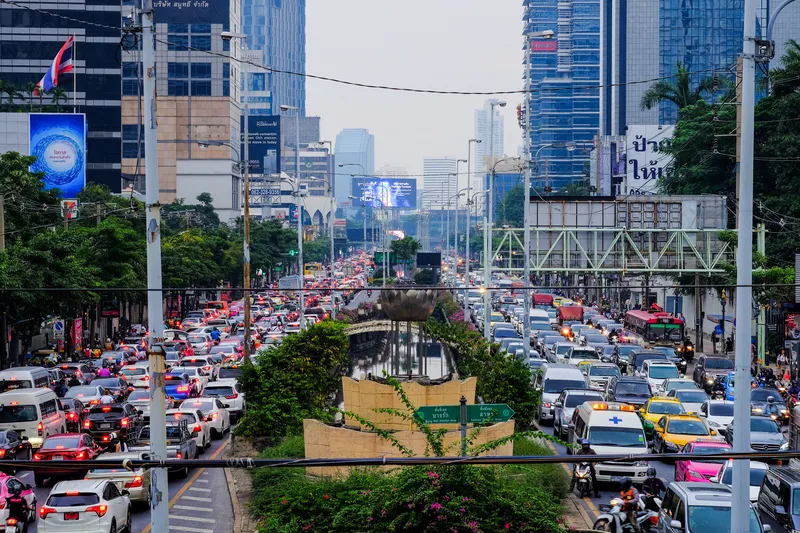As part of the Safer Everyday Tech Roadmap initiative, Grab’s analytics tool works with the company’s app to help employees understand how to improve driving behaviour. Drivers also receive telematics reports on speeding, acceleration and breaking as well as reminders from a fatigue monitoring system on how long they have been travelling without taking a rest.
Tan Hooi Ling, Grab co-founder, says: “Our goal is to bring to zero the number of incidents that are completely preventable, and as far as possible, reduce the number of road accidents.”
Grab’s drivers and passengers are now able to learn who they are sharing a vehicle with through an authentication process. The firm is also carrying out improved background checks on its employees for criminal records.
The company says its app has been upgraded to detect fraud and ensure transactions are secure while meeting data protection standards.
Grab has also partnered with government agencies across south-east Asia to develop initiatives which address safety concerns:
• The company will work with the Ministry of Public Works and Transport Cambodia and police in Myanmar to provide additional training for drivers in both countries.
• Grab Philippines will work with the country’s police, Land Transportation Franchising and Regulatory Board and Drug Enforcement Agency to crack down on crime in the transport industry and train drivers to assist as first responders for accidents.
• In Thailand, Grab is seeking to raise awareness and prevent violence against female commuters.
• Grab drivers in Singapore will have access to a healthcare programme to address challenges associated with driving long hours.
“We’re committed to work with governments in every country that we’re in to support them in their safety priorities,” Ling adds.
Looking ahead, Grab plans to double its investment in safety measures by the end of 2019.
Grab campaign to raise transport safety in south-east Asia
Ride-hailing company Grab has launched a programme to make its service safer for drivers and passengers in south-east Asia.
As part of the Safer Everyday Tech Roadmap initiative, Grab’s analytics tool works with the company’s app to help employees understand how to improve driving behaviour. Drivers also receive telematics reports on speeding, acceleration and breaking as well as reminders from a fatigue monitoring system on how long they have been travelling without taking a rest.
Tan Hooi Ling, Gr
October 30, 2018
Read time: 2 mins
Ride-hailing company Grab has launched a programme to make its service safer for drivers and passengers in south-east Asia.








